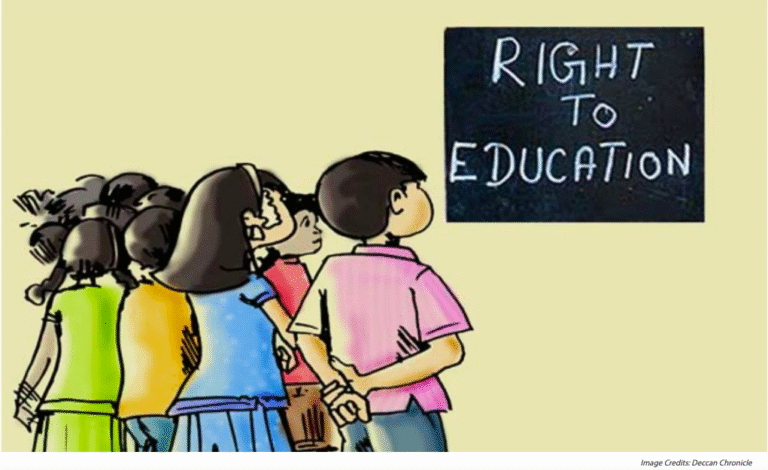
Understanding Child Psychology is a key of developmental psychology. A child psychology tells how a child develop from birth to the end of adolescence, and how and why they differ from one child to the next, is a specialised branch of psychology known as child psychology.
Understanding of a child is one of the most important things that should learn as time is changing day by day. It is very helpful in becoming effective in guiding and nurturing child as they grow and mature. The psychology of a child can be challenging. Believing that all children are the same and using a one-size-fits-all parenting style for your children could misfire. It might be tedious and time-consuming, but understanding the psychology of a child is the most important thing that you can do to nurture him into a healthy adult.
Childhood is a very important phase. A bad childhood could have a negative impact on the individual’s adulthood as well. Therefore awareness of your child’s personality is an essential part. Only if you know the child well, you will be able to focus on his talents and positives which in turn will give him a well-rounded personality and this demands knowledge and understanding of child’s psychology.
The development of a positive self-concept or healthy self-esteem is extremely important to the happiness and success of children and teenagers.
Self-esteem is a major key to success in life. The development of a positive self-concept or healthy self-esteem is extremely important to the happiness and success of children and teenagers.
A positive parent-child relationship provides the framework and support for a child to develop a healthy respect and regard for self and for others. Children crave time with parents. It makes them feel special. Parents are encouraged to find time to spend playing with their kids on a regular basis. This should include one to one with each child and group time with all of the adults and kids in the home. If you are a single parent or have an only child, occasionally invite family or friends over to play.
For one reason or another, some children do not develop social skills as easily as others. They may earnestly seek peer relationships and then, having endured rebuffs, if not downright cruelty, retreat to the safety of home, family, and their own company. There is probably nothing so painful for a parent as the rejection of his child. Parents need to take the long view of social problems and to map out a plan to solve them quite as carefully and thoughtfully as they would consider academic or health problems.
As much as possible, have time to talk to your children as this is crucial to gaining information and understanding. In the case of young children, they require less verbal language and more facial expression and body language in order to understand their thoughts and feelings. Asking them questions will allow them to share their feelings to you.
Need For Understanding Child Psychology:
- 1. Development of understanding about the child and interpreting their abilities and skills by understanding them well.
- 2. Some children unable to develop social skills. Child psychology assists in the development of social skills in a child by engaging them in group activities.
- 3. Lack of awareness about child development can often lead to poor judgment of children, which in turn leads to poor decisions. It may be painful for them.
- 4. Child Psychology is a field of study which assist us in the mental, emotional and behavioural development of a child.
- 5. It is important for us to educate ourselves about the different aspects of child psychology and development so that can contribute meaningfully towards the child’s emotional and mental growth.
How to Develop It:
- 1. Carefully observation is a key for the development of understanding for a child.
- 2. Give them full attention.
- 3. Be the best friend.
- 4. Try to discover reasons behind his behaviour.
- 5. Empathy is an important quality that parents should develop if they want to understand their children better.
- 6. By spending ‘Quality’ Time with children.
- 7. Listen them patiently and understand their talks.
- 8. Children need your undivided attention.
- 9. Praise the child.
- 10. Try to develop understanding about their expression and body language.
- 11. Pay Attention to Your child’s environment.
- 12. Give respect to them.
- 13. Understand how a child’s brain functions.
- 14. Sometimes children express themselves in a different ways. So it makes assessment difficult about their actions and body language.
Main Areas of Child Psychology:
1. Developmental milestones
- -Infancy,
- -Childhood,
- -Adolescence,
- -Adulthood
2. Socialisation
3. Behaviour
4. Cognitive or intellectual development
5. Emotion
6. Managing conflicts
Some Psychological Disorders:
- 1. Schizophrenia:
is a mental disorder that usually appears in late adolescence or early adulthood. Characterized by delusions, hallucinations, and other cognitive difficulties. - 2. Disruptive Behaviour Disorder:
Disruptive behaviour disorders are among the easiest to identify of all coexisting conditions because they involve behaviours that are readily seen such as temper tantrums, physical aggression such as attacking other children, excessive argumentativeness, stealing, and other forms of defiance or resistance to authority. - 3. Asperger’s Syndrome:
Asperger syndrome is a form of autism. People with Asperger syndrome may find difficulty in social relationships and in communicating. - 4. Attention Deficit Hyperactivity Disorder (ADHD):
ADHD, also called attention-deficit disorder, is a behaviour disorder. Usually first diagnosed in childhood, that is characterized by inattention, impulsivity, and, in some cases, hyperactivity. These symptoms usually occur together; however, one may occur without the other. - 5. Depression and Bipolar Disorder:
Bipolar disorders are brain disorders that cause changes in a person’s mood. - 6. Eating Disorders:
Eating disorders are characterized by abnormal or disturbed eating habits. - 7. Learning Disability:
Learning disabilities are neurologically-based processing problems. These processing problems can interfere with learning basic skills such as reading, writing. - 8. Anxiety Disorder:
Anxiety disorders are a group of mental disorders characterized by significant feelings of heart palpitations. Typically it begins around 8 to 9 years of age.
Vishwanath Academy Among the Best Schools in Lucknow
Educate a Child in Need with Quality Education for a Brighter Future in 2024






